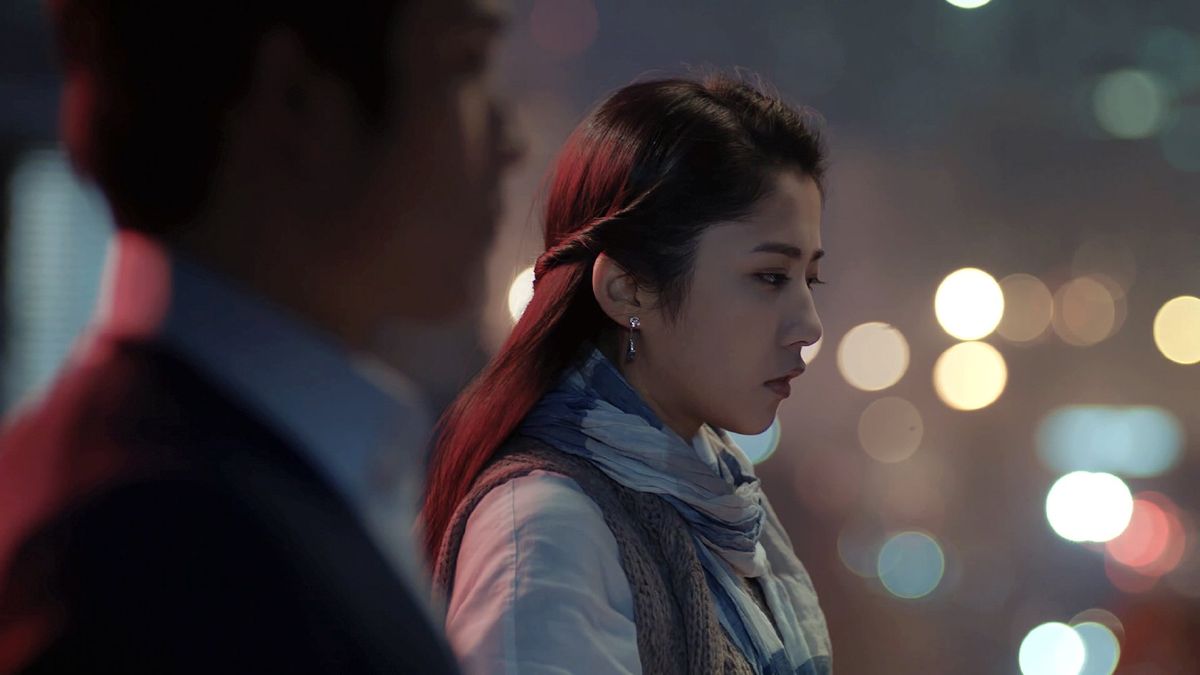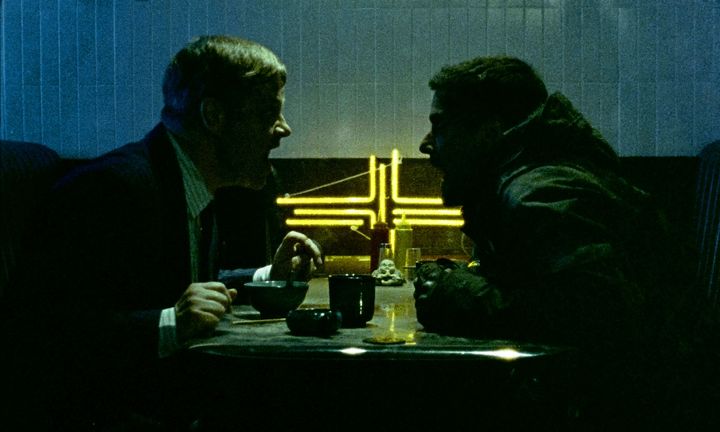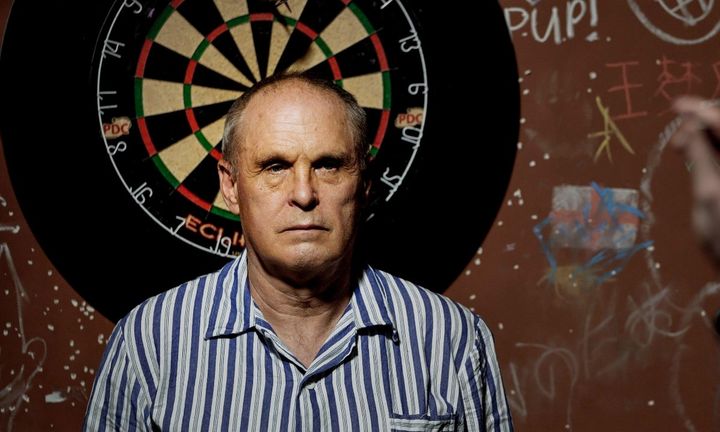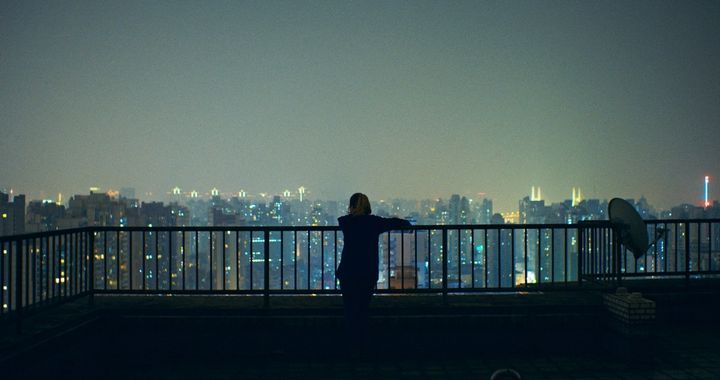A promise, a misunderstanding, and regret are brought into focus in The Story of 90 Coins. Director Michael Wong takes shares a few film-making lessons from the advertising industry, offer up some tips on navigating the festival circuit, and tell us what he really thinks about romantic movies.
The Story of 90 Coins tells the tale of emerging fashion designer Chen Wen (played by Zhuang Zhiqi) whose boyfriend (played by Han Dongjun) pledges to give her a coin-a-day for ninety days as means of proving his love. When the ninety day-period eventually passes, everything seems to be going as planned until an overseas job opportunity—and a misunderstanding—forces Chen Wen to face the emotional consequences of choosing between her relationship and her career.
The project also marks the independent short film debut for veteran advertising creative Michael Wong. Prior to making the leap into filmmaking, Wong spent more than a decade-and-a-half working his way up to a position as a creative director with some of the biggest names in the advertising industry in China. And, it was his experience in that role which left him longing for a change of career path.
“As one moves up the career ladder in the ad industry,” he says, “one tends to do less of the fun stuff and gets more into the gritty management role stuff—dealing with recruiting and firing people, endlessly unproductive meetings, presentations, and back stabbing.”

Making the shift from his previous ad agency role into a one as a film (and commercial) director has also afforded Wong more opportunities to get back to his creative roots.
“The biggest difference, I would say, is that being a film director gives me much more freedom in visual expression compared to my previous career as a creative director.”
Furthermore, working as a TVC director has given him a greater appreciation of the adversities of his previous occupation.
"A lot of my learning came from observing other people’s work… and, of course, from my own past failures."
“There have been a number of occasions where I was in the same room as a creative team from an ad agency presenting their stuff to a client—taking shit from all sides—and I was like, ‘Thank God I’m out of this game!’”
Despite the politics and sometimes unreasonable expectations of life in the ad agency world, it also served as a valuable training ground for developing as a film director.
“When I was in my previous career, I got to choose and hire good film directors and print photographers,” Wong explains. “So, a lot of my learning came from observing other people’s work… and, of course, from my own past failures.”
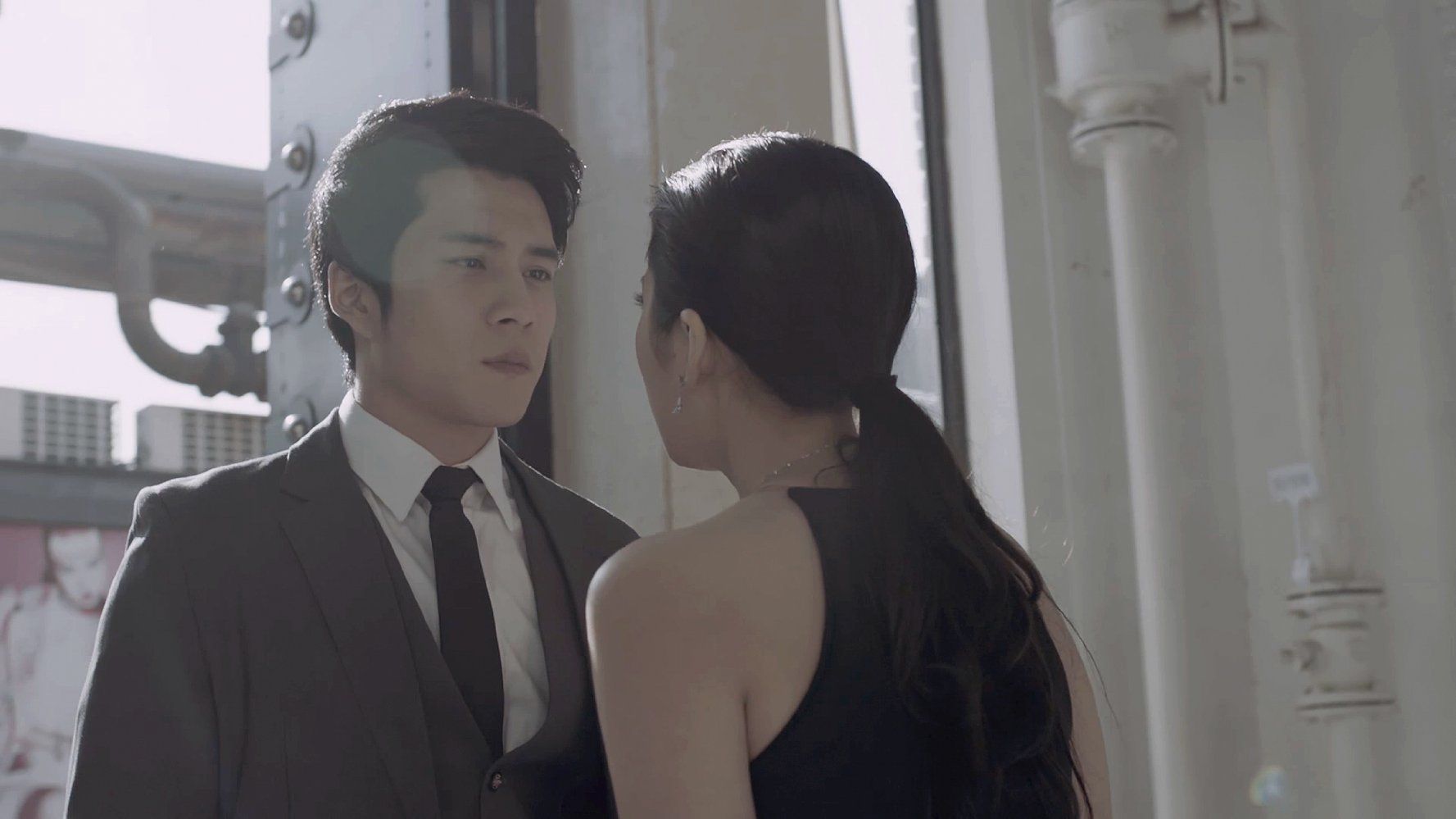
Perhaps even more importantly, his experience in a high-pressure creative field offered up a number of lessons he could apply directly to narrative filmmaking.
“What I learned was the ability to develop a good idea from an initial concept. For me, that’s a fundamental part of storytelling,” Wong says.
And, it was that kind of ability which gave Wong the confidence heading into The Story of 90 Coins that he and his team could create something special—something that ultimately exceeded even the director’s own expectations.
"What I learned was the ability to develop a good idea from an initial concept. For me, that’s a fundamental part of storytelling."
“We felt the story had some charm on its own. It was based on a true story and it had an emotional storyline we thought would resonate well with people.” Nevertheless, he says, “The exposure and response we got actually took me by surprise—especially on the film festival circuit.”
Since premiering in late-2015, the film has taken off, garnering more than thirty international awards and nominations along the way. Although the experience has been overwhelmingly positive, Wong still has some cautious words for those looking to submit their work to any of the literally thousands of festivals now cropping up all over the world.

“Choose wisely as the entry fees can accumulate to a huge amount without you realizing it,” he explains. “Some festivals are really out there to swindle your money. I’ve learned it the hard way.”
In addition, he has some straight-forward advice for weeding out the scams, finding the legitimate festivals, and ultimately bringing more exposure to your work.
“Submit to film festivals that are listed on the Internet Movie Database and then try to leverage the credibility of IMDb when you eventually win something,” Wong states. “You’ll automatically get your own IMDb page once that happens!”
"Some festivals are really out there to swindle your money. I’ve learned it the hard way."
Social media has also played a pivotal role in generating interest in the film—especially back in the director’s native Malaysia where coverage from a number of news outlets has resulted in nearly half-a-million online views and over fifteen thousand shares.
“Once you’ve done your festival submissions, set up a Facebook page so there’s a base to disseminate information and updates. It also acts as a conduit to other Facebook pages, which also helps multiply the exposure," he says.
More than a year after the film’s initial release, Wong is still busy promoting his work. And, while that might seem like a long time to continue pushing a short-form project, the experience has demonstrated there’s always a bigger audience out there to reach.
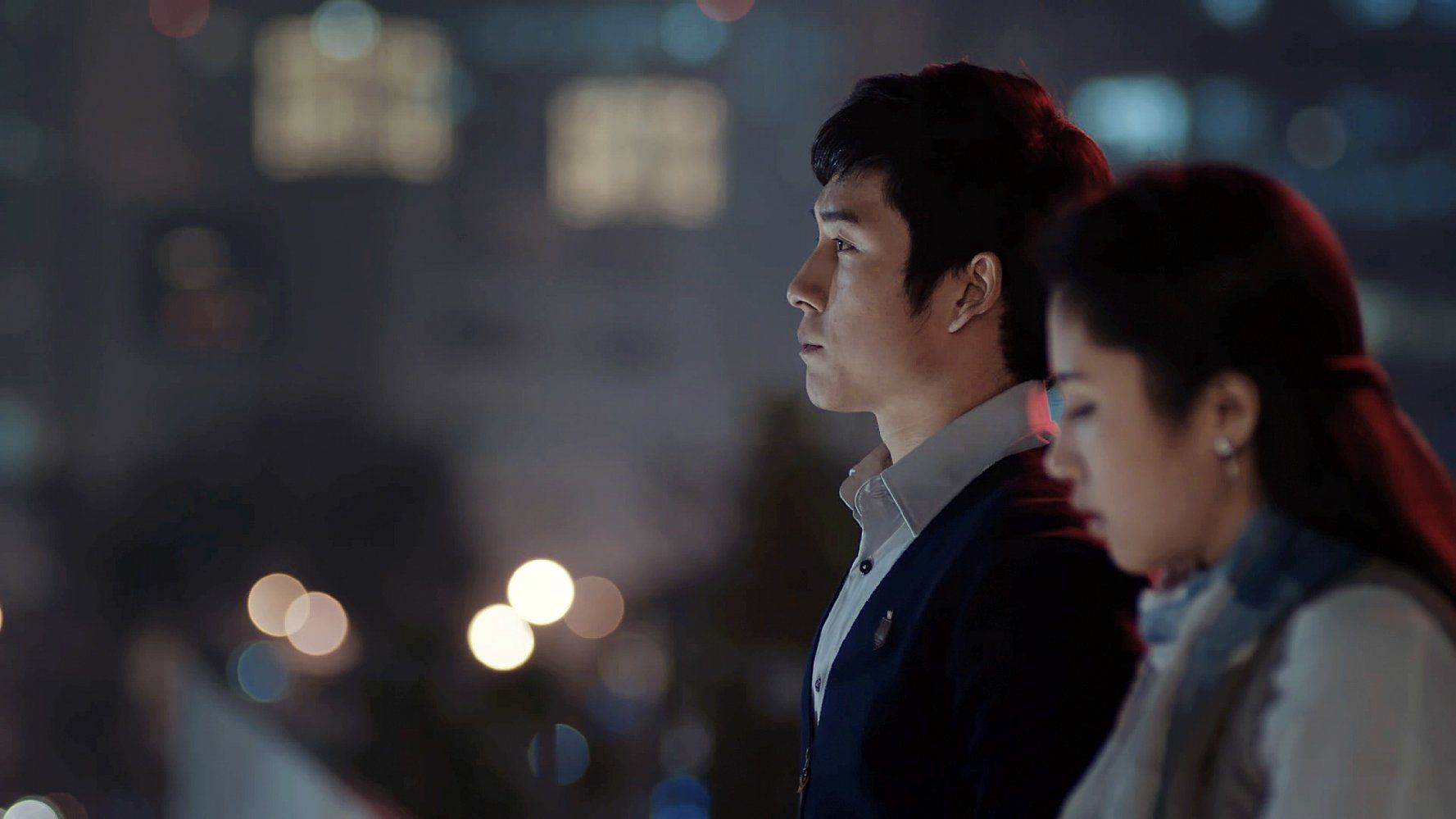
“It’s still very satisfying to see the number of online views and clicks growing by the day,” he says. “It’s interesting to see how viewers have commented on social media—realizing there are mainly two schools of thought in regards to the outcome of the story.”
Keeping up with the discussions about the film on the internet has also helped the director better understand why his work has continued to connect with so many people.
“I think there’s a soft spot for emotionally driven storylines which resonate across all demographics, regardless of their economic or social classes,” he says.
"I think there’s a soft spot for emotionally driven storylines which resonate across all demographics, regardless of their economic or social classes."
Nevertheless, when it comes to love stories, Wong has a rather surprising personal confession to make.
“I’m not even a big fan of romance movies,” he admits. “I practically never watch any movies from that genre.”
And, although a busy slate of commercial projects has forced him to postpone some of his personal plans, he hopes to get things back on track in the coming year. “I have plans for two or three short films—keeping my fingers crossed—and a feature film specifically for festival release. Hopefully 2017 will be a productive and fruitful year!”
